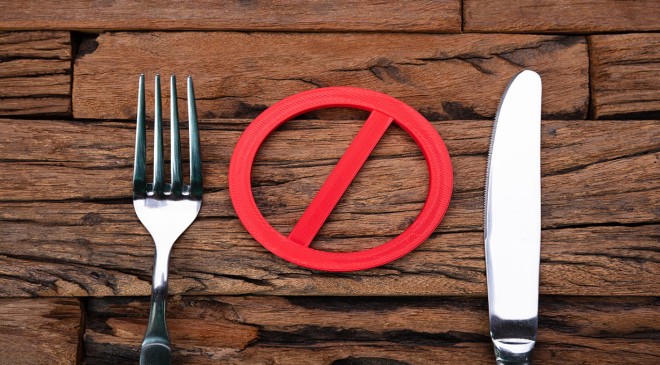Breakfast, dinner and lunch These three meals are the most important ones of the day. Right, common knowledge? But how many of us truly do what we say we’ll do? Many people frequently forget to eat their recommended daily allowance. Some people are trying to lose weight, while others simply don’t have the time. Meal skipping to lose weight is a topic for another discussion.
It is highly individualised. The issue of not having enough time to eat is one that occurs frequently. People may put eating lunch, breakfast, or dinner lower on their list of priorities when they live in this hustle culture. However, there are more serious repercussions than would first appear from skipping meals.
Effects of skipping meals
Read More : The Best small gadgets under Rs 1,000 available in India
1. low metabolisam-Regularly skipping meals puts your body into famine mode. The body is making an effort to store energy in this way. However, skipping breakfast or dinner lowers your metabolism overall and slows the weight-loss process.
2. Hungry all the time-Have you ever gone without eating and felt as though everything and anything was grating on your brain? You’ve reached hangry hour. This is due to the fact that skipping meals has also been linked to lower levels of motivation and energy, impaired cognitive function, and increased cortisol production, which makes us feel anxious and hungry.
3. Hormonal imbalance-Your cortisol levels may increase after skipping a meal as a result of the stress your body experiences from believing it is starving. Blood sugar abnormalities, immune system compromise, weight gain, and increased illness risk are all consequences of high cortisol levels.
4. lack of nutrition-Regularly skipping meals indicates that you are consuming less than you should be. As a result, you consume fewer nutrients overall, which increases your risk of developing a variety of nutritional deficiencies.
Read More : Popular auto clean chimneys available in India
5. Hunger leads to overeating-You are more likely to experience hunger and overeat later in the day because your body shifts into survival mode if you skip a meal or go for an extended period of time without eating. “This makes your body and cells crave food, which makes you eat a lot,” the author writes. All attempts to eat healthily usually fail since we have a tendency to seek harmful foods. Anything goes when you are that hungry.
6. Strong food cravings for sugar- Low blood sugar can lead to strong cravings, particularly for simple carbohydrates and sugar, if you ignore your hunger and fullness cues. Your body is currently content with rapid, brief spurts of energy, which is what both of these provide you.











